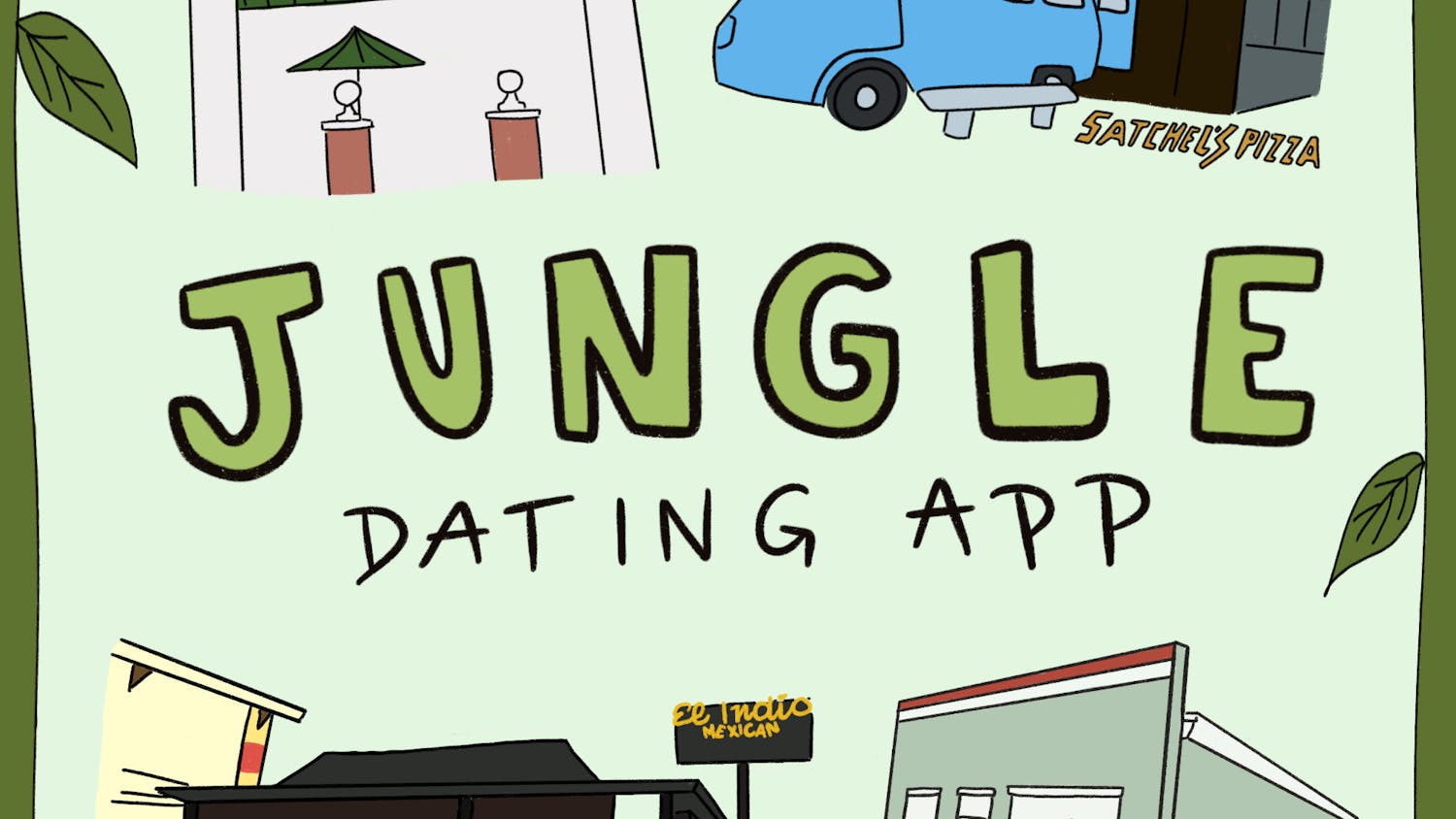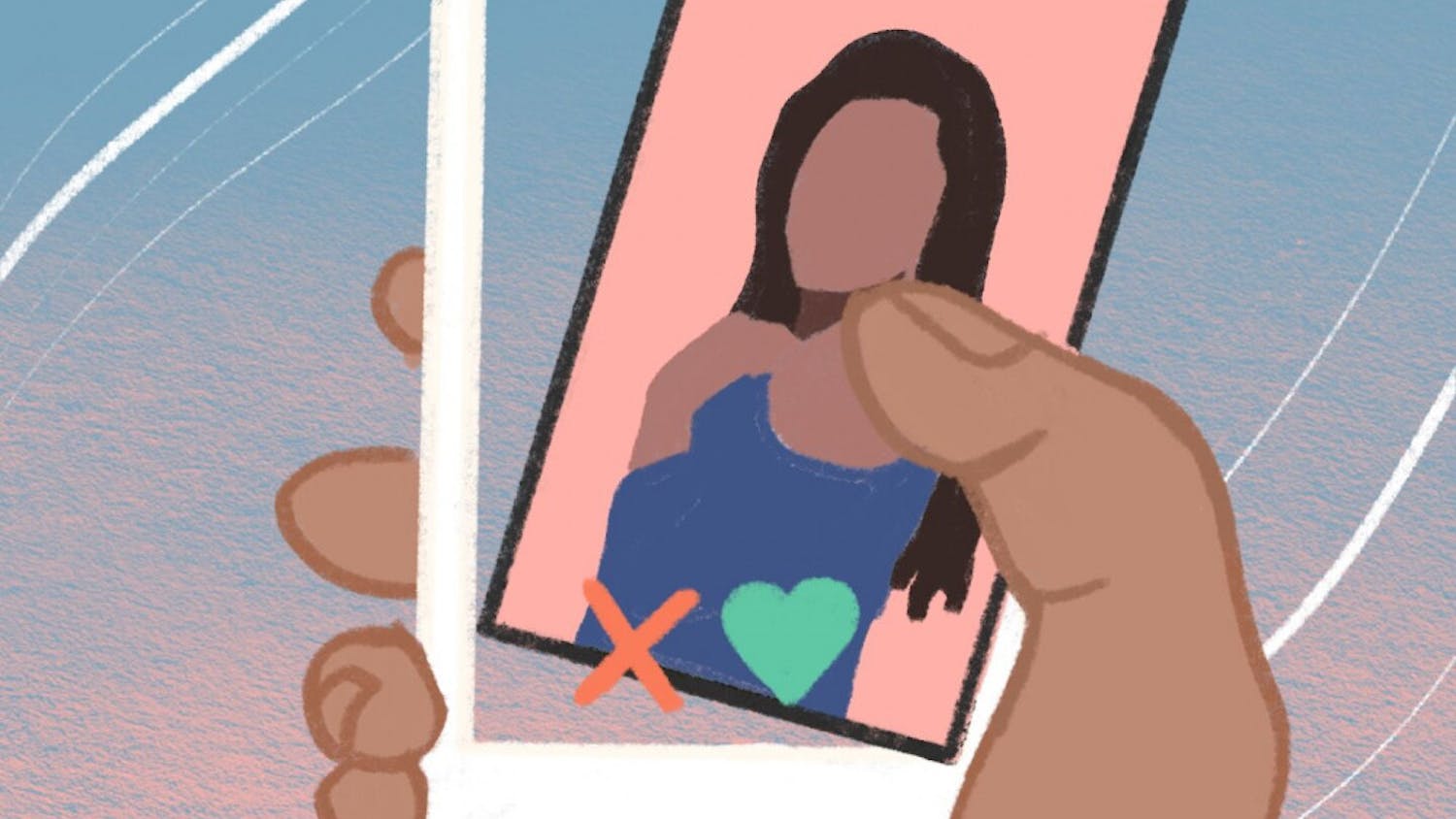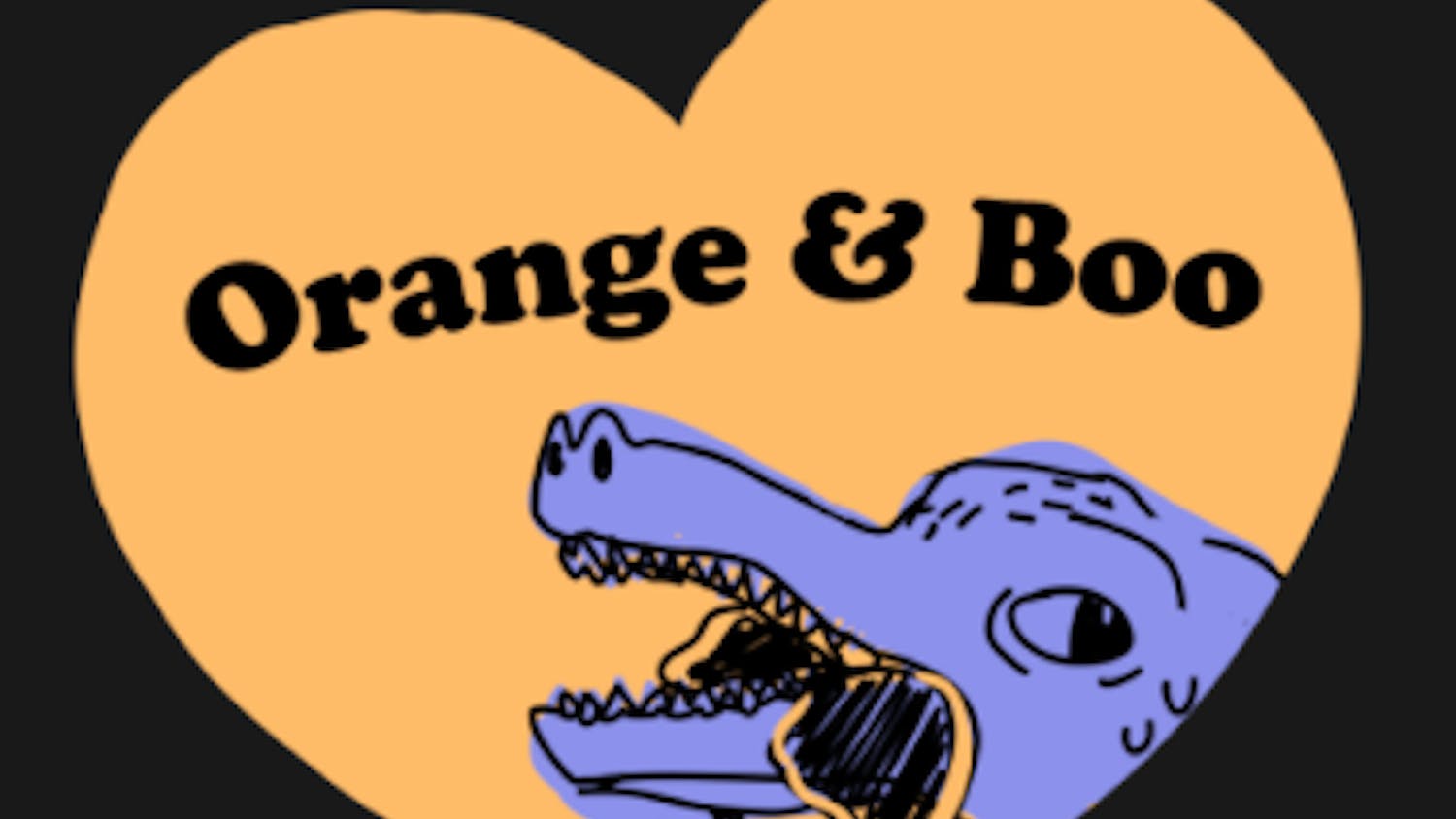The second decade of this millennium has brought the hyper-digitization of almost every aspect of our lives: transportation, food, driving and photo sharing. Dating is no different. More people are meeting via the internet than ever before. Generation Z will be the generation of online relationships.
Romantic movies and our own idealistic conceptions of love convince us that we don’t want this, we want to meet by coincidence. We want to meet in elevators, at weddings or reconnect with a childhood friend. A spark of destiny that we never see coming, but our 21st century way of life shows that isn’t realistic. The truth is we like meeting people online, and we’re getting really good at it.
According to Pew Research, 57 percent of teens have made a friend online. Seventy-four percent of all internet users have used the internet for romantic reasons. Sixty-three million Americans say they know someone who has met their partner online. Three million married Americans met their spouse online. Our hearts say destiny but the research says match.com
The formulaic union of two candidates for marriage is an ancient concept. Online dating has returned us to a more calculated and intentional form of union, perhaps ending the nearly hundred-year detour. In some cultures, women were currency; in others, they were an active and willing participant. Eastern cultures still participate in organized, family-involved mediation. Screening candidates can help to filter out people who we don’t fit with for fundamental reasons (politics, education and beliefs).
Many relationships now start with a direct message. The internet allows users to quickly summarize a person and consider whether we like them. Having extra information about a person immediately upon meeting could end a doomed relationship before it even starts. When you meet online, more baggage is immediately on the table. People can navigate through profiles to learn about potential deal-breakers more quickly. In the same way the internet can end potentially bad relationships, it can be a catalyst for good ones. By reading someone’s thoughts, you can gain an attraction to someone we otherwise wouldn’t have considered based on appearance alone.
To consider how we meet partners, we must consider our intentions. Do Americans care about marriage anymore? Regardless of your stance, the answer to this question affects what we look for in a companion. The decline in marriages in the U.S. (51 percent of adults, down from 72 percent in 1960) has changed what dating even means. For some, internet dating habits have ushered in a new age of “hookup” culture. Going on formal dates is less common, and young people are opting for a casual hang-out instead.
Like all technology, online dating and social media are a tool. The tool is neutral but the way it’s used isn’t. The way we behave online is an amplification of real life. It can become difficult to separate a real person from their online persona and can create an unsafe situation. The difference between the internet and real life is access. Social media give us more access to potential partners than before. When you can look through people like a catalog, you can start to view them as menu items rather than real people. In the hands of someone who is morally empty, this can be dangerous. Apps like Tinder can accelerate the process for predators to take advantage of others.
Online matchmaking might not make for a dreamy story to tell your children, but it is quickly becoming our reality.
Layla Soboh is a UF advertising junior. Her column comes out Tuesday.





